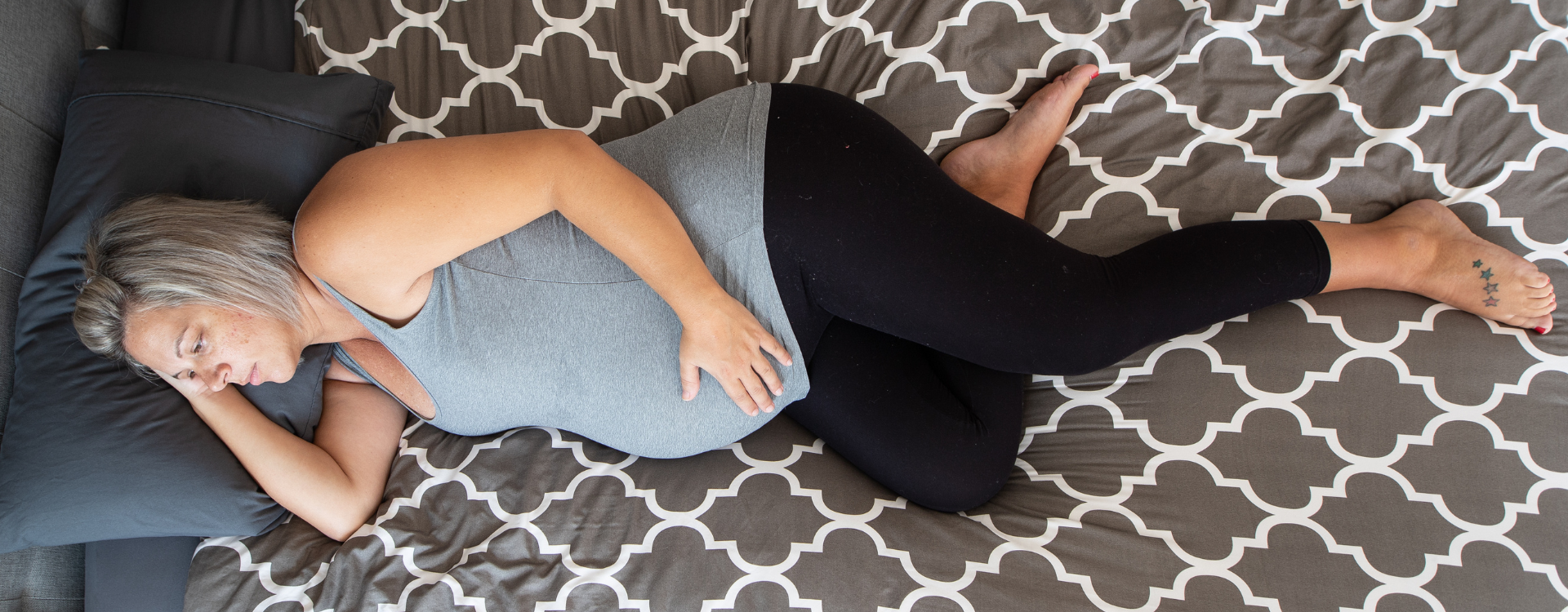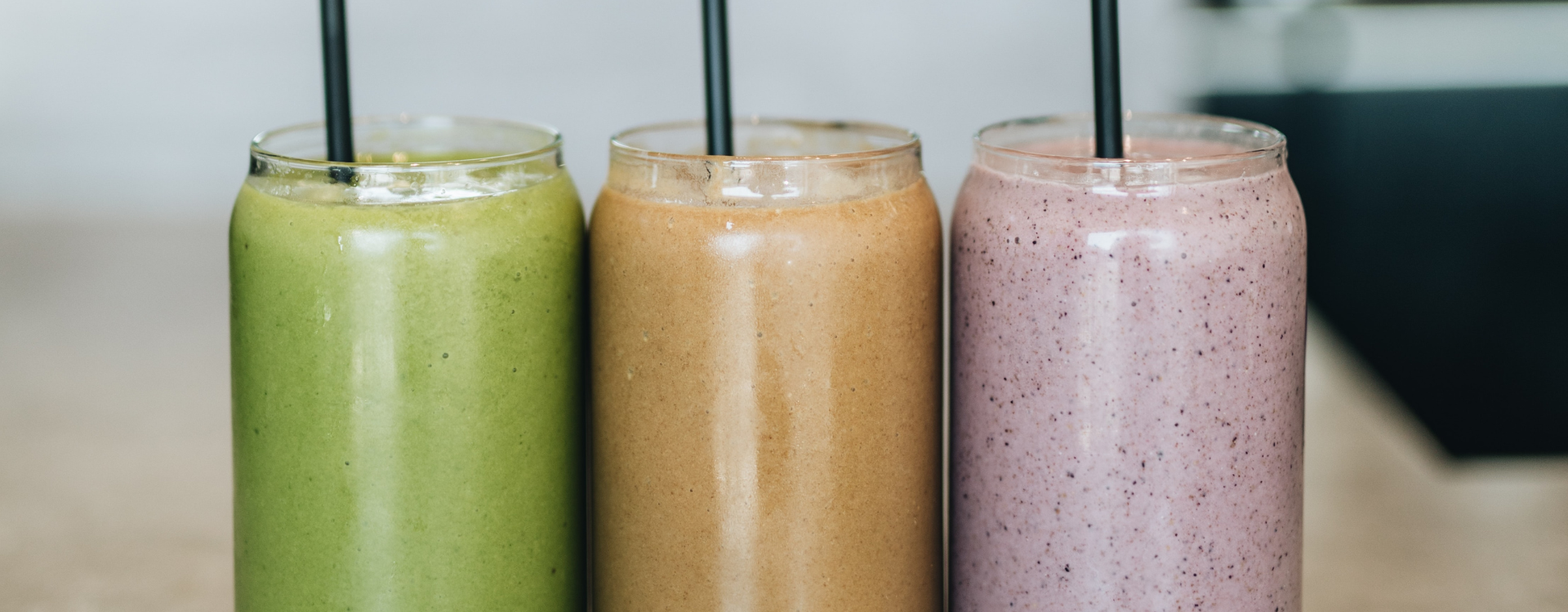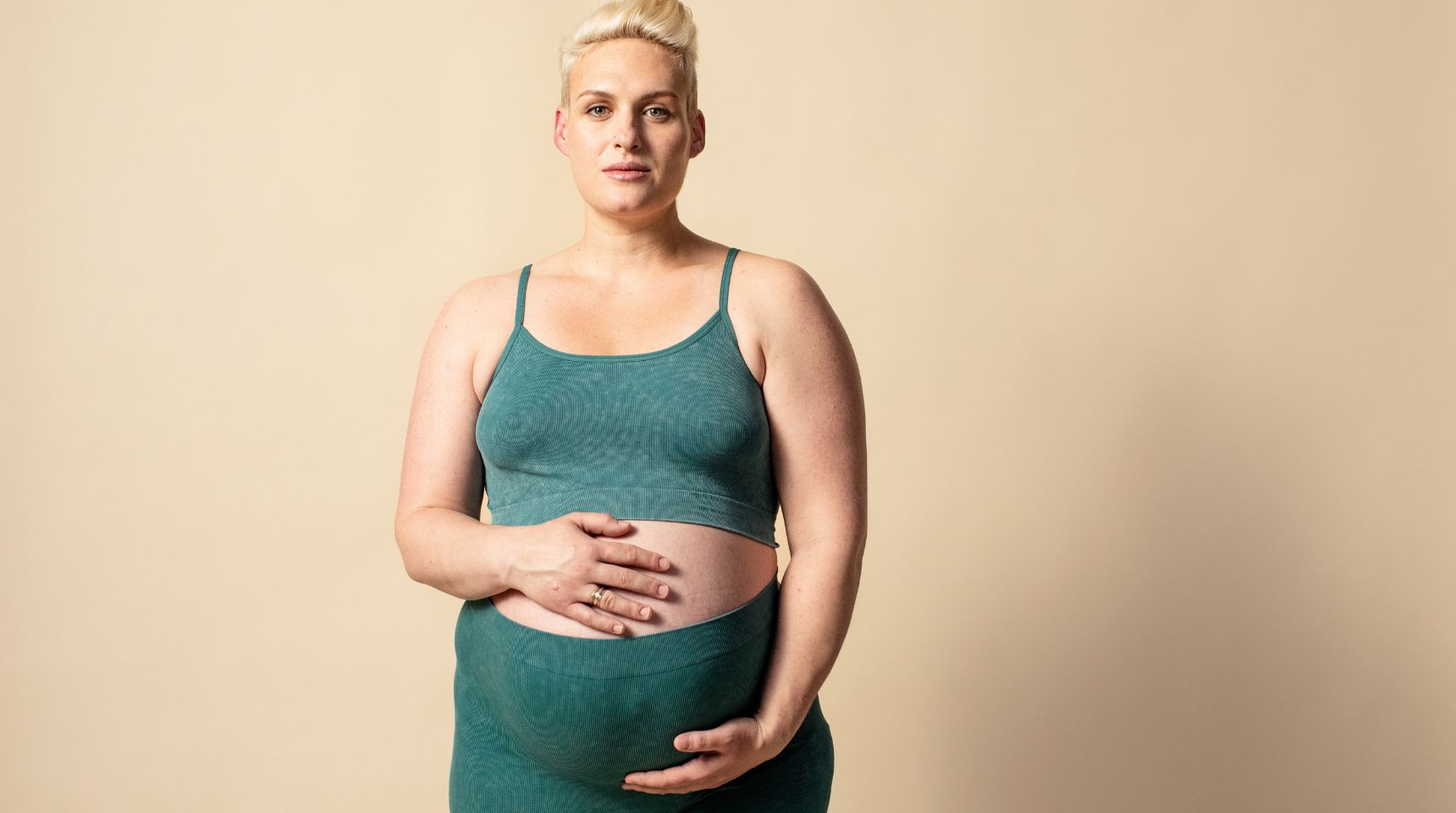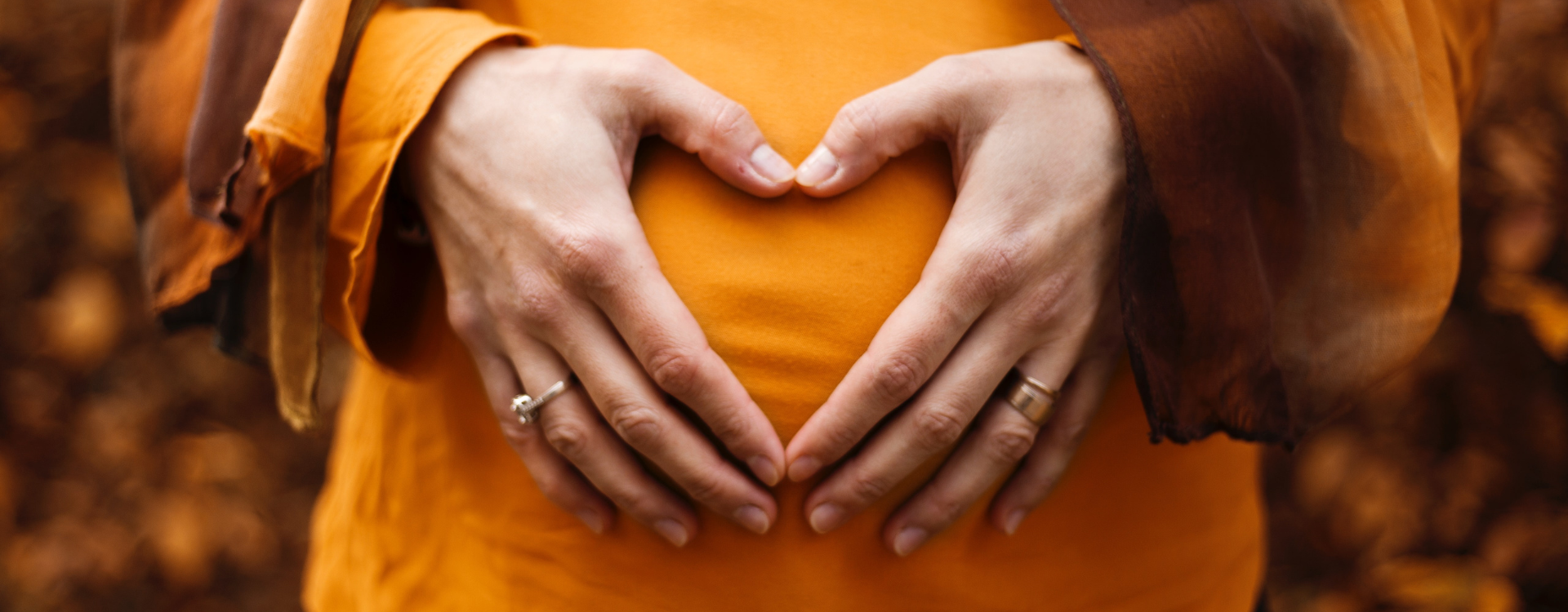After enduring pregnancy, labor, and birth, your body must be due for a break, right?
With all that stretching and pushing, you certainly deserve it. But postpartum recovery takes time, and you may have one more potentially uncomfortable milestone ahead of you: your first bowel movement.
Pooping right after birth can be more uncomfortable and difficult than you expect, and you may experience temporary constipation. That’s right: It’s not enough to track your newborn baby’s poops. You have to worry about your own, too.
When you think about all your body goes through to birth your bundle of joy, it makes sense that the first few postpartum poops may, well, stink. “A woman is going to feel vulnerability in her perineum, the area between the vagina and anus, after she births a baby. It’s normal to feel protective of this delicate area,” says Sinéad Dufour, PT, PhD, who specializes in postpartum pelvic health.
Read on to learn how labor and birth affect your digestive system, what to expect from your first post-baby poop, and how you can make the whole experience more comfortable.
Through the wringer
From your nine (or so) months of pregnancy through labor and birth, many factors can add up to make that first postpartum poop unpleasant. For one, your stomach muscles, which help you poop, are stretched and weakened from carrying a baby. You may have pain and swelling down there from pushing, from a perineal tear or episiotomy, or from lingering hemorrhoids. Plus, if you have a cesarean birth, you’ll be recovering from major abdominal surgery.
What’s more, pain medication used in labor and postpartum can slow down your digestive tract, so it takes longer for food to make its way through. You may not even have that much food in your system, having stuck to liquids during labor and delivery. Add hormonal changes, dehydration from loss of blood and other fluids, and new-parent fatigue—and phew! It’s no wonder your body is out of whack.
As a new mom, “You definitely can have many things working against you, and for a variety of reasons, depending on the birth you have,” says Dr. Dufour.
The problem with pooping can be both physical and mental, she adds. Once baby’s here, the thought of pushing something else out of your body so soon may seem far from appealing. This anxiety is very normal—but so is pooping. The show must go on!
What to expect
All that said, it will take some time for your system to recalibrate. It may be two or three days before you feel ready to have your first poop after birth. In fact, the first few bowel movements may be uncomfortable, and less frequent than you are used to. This state of affairs can last for a week or more after birth—but know that it is temporary and usually gets better on its own.
Also, “regular” is relative. To put things into perspective, it may help to recall what your bathroom habits were like before you gave birth and to use that as your baseline. “Everyone is different when it comes to bowel movements. ‘Normal’ is as frequent as three times a day, to as infrequent as every three days,” Dr. Dufour explains.
Finding relief
There are things you can do at home to make your first postpartum bowel movement (or really, the first few!) go more smoothly. Much of it starts with good self-care:
- Drink plenty of water to keep things moving, especially if you’re breastfeeding.
- Eat high-fiber foods such as fruits, veggies, and whole grains. Dr. Dufour recommends getting these through easy-to-digest meals, like soup.
- Increase your intake of magnesium, a key nutrient for healthy bowel movements. Rich sources of magnesium include greens, nuts, seeds, dry beans, whole grains, wheat germ, and wheat/oat bran. Enjoying an Epsom salt bath also works! But ask your healthcare provider before taking a magnesium supplement (or any other supplement).
- Gently exercise as soon as you’re up for it. A daily morning stroll is perfect for this. (If you’ve had a cesarean birth, check with your healthcare provider first before exercising.)
- If you’re still struggling to go, ask your doctor about using an over-the-counter stool softener, laxative, or stimulant.
Mom Ijeoma was worried about her first bowel movement after birth. “I was told to drink lots of water, eat high fiber foods, vegetables, and fruits. [I] was also prescribed stool softener by the doctor after delivery,” she explains.
When the urge finally hits you, don’t ignore it! Take your time and show your bum a little TLC—or “the red carpet of support,” as Dr. Dufour puts it. She recommends these basic strategies to make post-baby poops more comfortable. Try one or try them all—whatever works for you.
- Sit in a squatted position, with your knees higher than your hips, and lean slightly forward. This is a more natural angle for pooping (placing your feet on a stool will help). “This toilet position straightens the colon right out, giving you the path of least resistance,” Dr. Dufour explains.
- Breathe out as you bear down. Fight the tendency to inhale or to hold your breath. Think about exhaling through a straw to activate your core muscles.
- Rotate your torso a tad to the right. This move twists the colon and helps squeeze the poop out.
- Don’t strain or force it. This can make hemorrhoids worse and isn’t great for healing c-section or perineal wounds.
- Use a pain-relieving herbal (witch hazel) or lidocaine spray to calm the perineal area, especially if you have hemorrhoids or are healing from an episiotomy or tear.
We know it’s hard, but most of all, try to relax. Stressing out only stands to make things worse and could establish a self-perpetuating cycle. “Fear will tighten the pelvic floor. The more scared you are, the harder those bowel movements will be,” Dr. Dufour shares.
“I was definitely worried about my first postpartum bowel movement,” explains mom, Shelby. “I was scared that pushing would mess up my stitches. I was also scared to wipe and get so close to my stitches.” Shelby’s advice to fellow moms is: “don't worry as much as I did!!”
What to watch out for
As we’ve said, it’s expected to have some discomfort down there when you go to the bathroom, and it will take time for your body to find its rhythm again after delivery. But some warning signs could point to a bigger problem.
Call your healthcare provider if you haven’t gone “number two” by the fourth day after giving birth. Also seek help if you experience any of these red flags:
- Blood in your stools. (It may be hard to tell in the presence of lochia. When in doubt, call.)
- Sharp, intense pain in your stomach or rectum when you try to go.
- Loose stools (diarrhea) that last longer than a week.
When nature calls
You’ll be busy caring for baby in those first few days (and beyond!). But be sure to take care of yourself too, mama—and that includes your GI system.
Instead of dreading that first bowel movement after birth, recognize it as a normal part of the postpartum process. As you heal, the pooping routine will get easier—and you’ll be on your way to feeling like your regular self.
All content found on the Lansinoh.com website, including: text, images, audio, or other formats were created for informational purposes only. The content is not intended to be a substitute for professional medical advice, diagnosis, or treatment. Always seek the advice of your physician or other qualified health provider with any questions you may have regarding a medical condition. Never disregard professional medical advice or delay in seeking it because of something you have read on this website.



